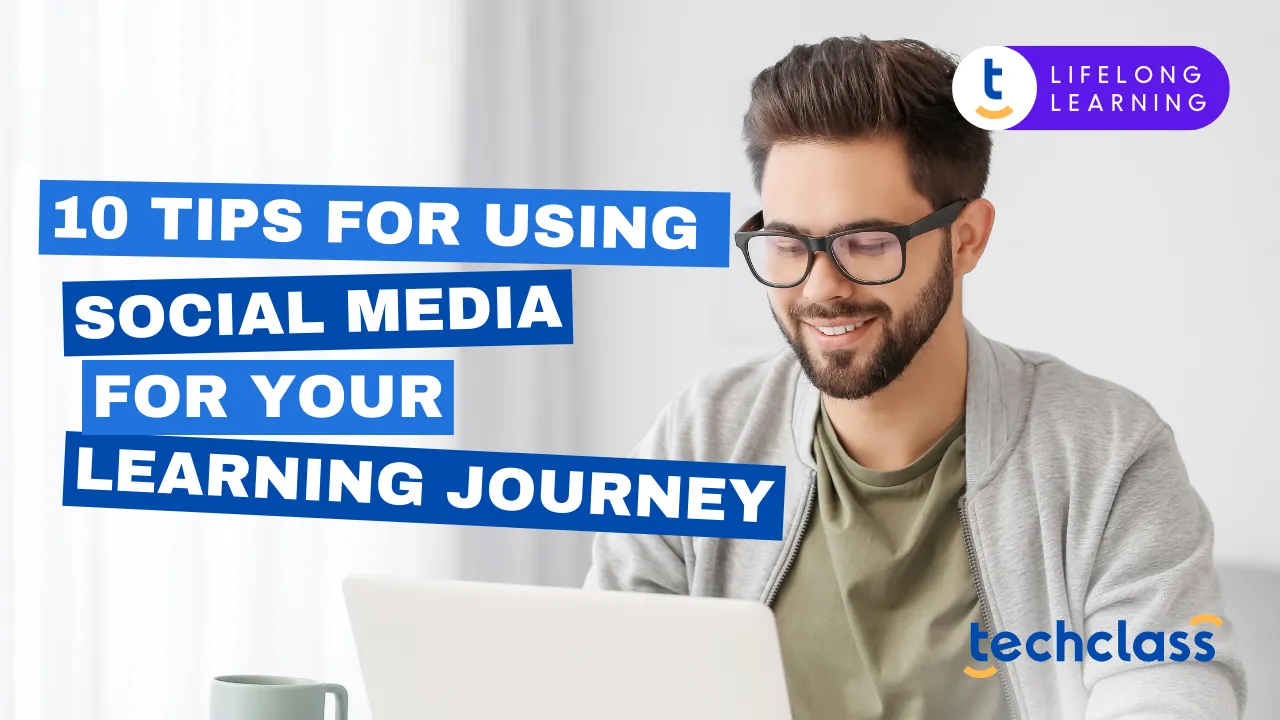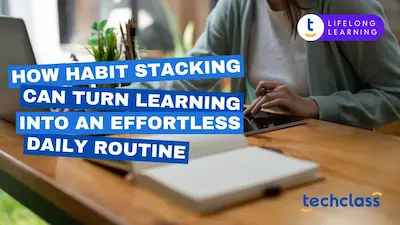
What comes to mind when you think about social media? Memes, posts, selfies, videos, or influencers? If that’s the case, it's time to change that perspective. Social media isn’t just for memes and selfies. When used wisely, it is a fountain of knowledge right at your fingertips that can enhance your learning journey. Do you still wonder why? Let’s explore together.
Social media has become an inseparable part of our daily lives. Whether intentionally or not, you likely spend much of your day on social media, where abundant content constantly surfaces from one screen to another. Among this content, there is a wealth of educational material that holds great value. You can purposefully use this content to improve your knowledge as a learner.
Unlike traditional educational platforms, social media provides quick access to a global network of experts, educators, and peers who share valuable insights, resources, and experiences in real time.
Moreover, as social media is informal and flexible in nature, it makes learning more engaging and less daunting. It lets you access educational content during commutes, breaks, or leisure time from wherever you are with just an internet connection and your device.
Now that you understand why you must use social media for learning, let’s find out how.
When talking about social media, many social media platforms have been developed, aiming different audiences for various purposes. Therefore, when using social media for learning, you should carefully choose the right platform. On the other hand, while some social media platforms are good for learning one subject, they may be less helpful for another. For example, LinkedIn is excellent for professional development, while YouTube offers many instructional videos on many topics. Twitter is great for quick updates and following industry leaders, and Pinterest is perfect for visual learners.
Curating content is very important to making the most of social media as a learner. Not all the content on social media is relevant, useful, or interesting. Therefore, try to curate your content feed by following relevant pages, profiles, and hashtags according to your learning requirements. Tools such as lists and bookmarks can be useful in organizing your content. This will fill your feed with educational and inspiring posts rather than distractions.
If you open one of your social media applications and start scrolling now, you will see many influencers sharing different types of content. However, if you search for relevant subject keywords like learning, coding, or personal development, you will find another group of influencers who share high-quality content that adds value to your life. Following these influencers can provide you with new knowledge, unique perspectives, and continuous motivation. They often share their expertise through posts, videos, and live sessions. Here are a few recommendations from us:
Social media groups and communities are great places to connect, learn, and share with people who have similar interests. Joining the right groups can connect you with people who share your interests and goals, offering peer support, advice, and collaborative opportunities. Social media platforms like Facebook, Reddit, and LinkedIn are best for this.
The whole point of the invention of social media is interaction, networking, and collaboration. Before social media, it was difficult, if not wholly impossible, to see the lives of influential people. Therefore, understand your opportunity and use your social media accounts to build a network of experts, mentors, and peers. Engage with their content, ask questions, and participate in discussions. These connections can provide guidance, answer your queries, and even lead to mentoring relationships that foster growth. "If you are lucky, you will achieve great heights and reach higher goals with the help of the experts you interact with on social media.
Why learn in a boring way when you have more fun options? When you follow the right pages and groups, you will see them hosting plenty of challenges and competitions that encourage learning and skill development. f this is your cup of tea, don’t hesitate to participate. This can boost your motivation, provide a sense of accomplishment, and offer opportunities to showcase your skills and knowledge.
Imagine you are on public transport when you see a valuable content piece on Facebook. In such scenarios, you can quickly save the post to access it later. Tools like Pinterest boards and the save post feature on Instagram and Facebook allow you to do this.
Almost all the best universities, educational institutes, and organizations often share high-quality content, including research findings, free courses, webinars, and other resources. You can benefit greatly from them if you follow them. They will keep you informed about the latest developments in your field and give you access to valuable educational materials.
Interactive formats such as live webinars, Q&A sessions, and interactive workshops offer dynamic learning experiences. Engaging in these formats allows you to ask questions, participate in real-time discussions, and gain immediate feedback, which can enhance understanding and retention.
Sharing what you learn on social media can reinforce your knowledge and help you retain information better. It also contributes to your personal brand, showcasing your commitment to continuous learning. Use blogs, posts, or even short videos to document and reflect on your learning journey. Invite others to engage with your content for additional insights and feedback.

.webp)
